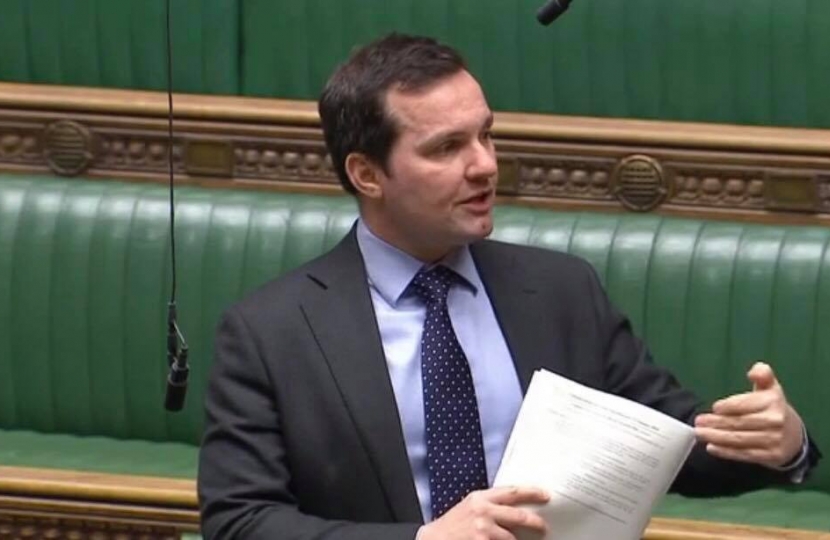
Recently, I was pleased to meet with Bolton Impact Trust, a local provider of pupil referral units. I heard about the vitally important work that the Trust does in my constituency through their two pupil referral units, Youth Challenge and Lever Park, both of which are rated “outstanding” by Ofsted. Pupil referral units provide vital services to the children and families who rely on them. They can really make a difference to the lives of their pupils, offering a stable and supportive environment.
Our education system is vast and different types of schools cater to different groups of children. Pupil referral units are an essential part of this system, easing a transition back into mainstream schooling for challenging children who have been removed. They do this by providing smaller classes, 1:1 support, engagement with local employers and a closer interaction between adults and children, often in a more informal environment, whilst also supporting the families of these children, for which it can be a particularly difficult time.
There is, however, a concern about the funding of pupil referral units. The main goal of pupil referral units is to support children in a successful return to a mainstream school. However, the current funding model provides no incentive for delivering successful results. For each pupil that returns to mainstream schooling, the pupil referral unit will lose between £12,000 and £14,000 per year. This insecurity in funding is further worsened by the quickly changing numbers of children in pupil referral units from one point to another. For example, at the beginning of one school year in September, there were 170 pupils in pupil referral units in Bolton, whereas by June, this had risen to 260. Comparatively, other specialist schools have much more stable numbers as they tend to keep their pupils for longer periods, which results in more consistent funding. After hearing about the inconsistency of the funding for pupil referral units on my visit to the Bolton Impact Trust, as well as the lack of an incentive for success, I held an adjournment debate on this in the House of Commons.
I was pleased to hear that the government is taking this issue seriously and looking to address the concerns. £250 million of additional funding for high needs schools, which includes pupil referral units, was announced last month. As a result, the total allocation for high needs schools now stand at £6.1 billion this year and £6.3 billion in 2019-2020. This is clearly a step in the right direction, which will help to alleviate funding pressures on pupil referral units.
Nevertheless, whilst welcome, more money alone will not solve the fundamental flaw in the model that successful outcomes are penalised. This is why it was extremely positive to hear that the government is committed to reforming alternative provision, including pupil referral units, as set out in the Department for Education’s reform road map published last March. The reforms include funding models and efficacy in their scope and are evidence based, engaging a variety of stakeholders such as local authorities and alternative provision providers. Last month a call for evidence was launched so that the government may better understand financial incentives and the effect they have on decisions within high needs schools.
The purpose of an education system is to ensure that every child receives the best possible start in life, opening the door to the world of opportunity and employment. The call for evidence relating specifically to financial incentives shows that the government is listening. Hopefully, this will lead to positive reforms to pupil referral units and alternative provision more broadly.
https://www.politicshome.com/news/uk/education/schools/opinion/house-co…


